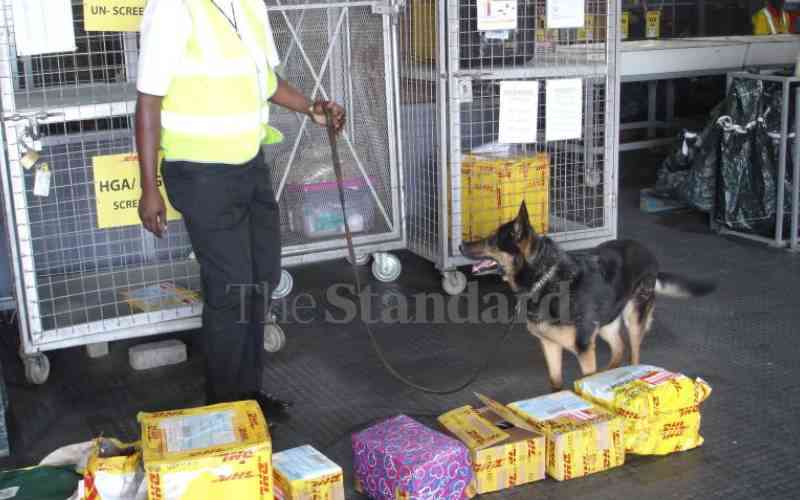×
The Standard e-Paper
Join Thousands Daily

The taxman has warned that travellers and luxury shoppers who fail to declare and pay duties on expensive goods that exceed the duty-free limit will lose their items to authorities, face significant penalties or even be arrested upon arrival.
The move is seen as a further tightening of the noose on luxury shoppers by Kenya Revenue Authority (KRA) as it faces mounting pressure to generate additional tax revenue.







